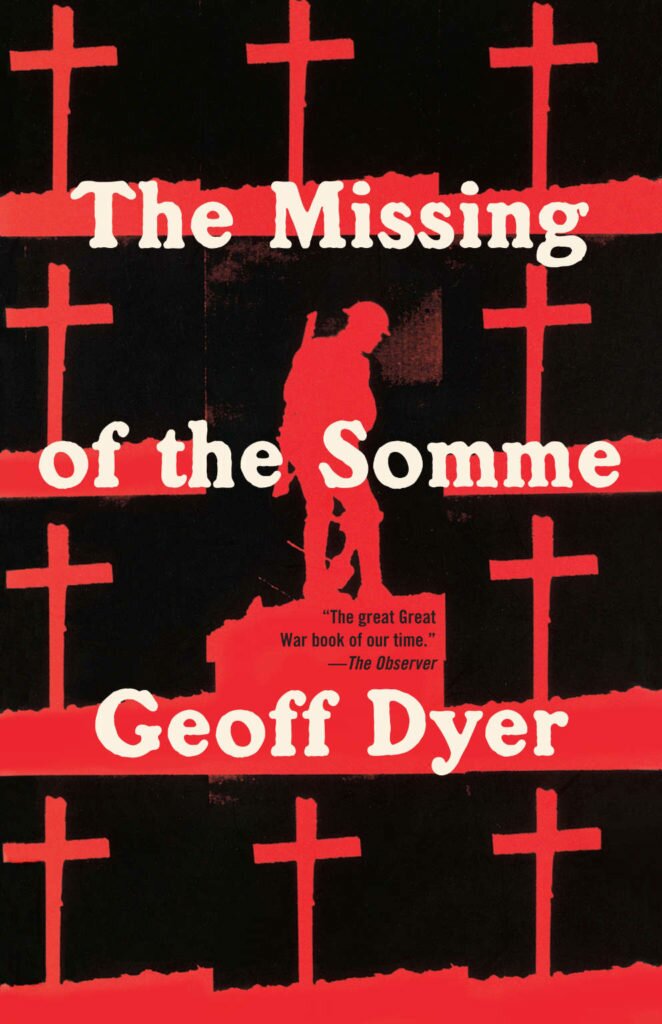 Dyer’s book is about trench warfare, World War I, artistic responses to war (especially in literature), the conventions of war memorial sculptures, his personal journeys around WWI battlefields and cemeteries in France, and other things, but his main concern is the nature of cultural memory. How do societies construct and revise the past? “The issue, in short, is not simply the way the war generates memory but the way memory has determined — and continues to determine — the meaning of the war.”
Dyer’s book is about trench warfare, World War I, artistic responses to war (especially in literature), the conventions of war memorial sculptures, his personal journeys around WWI battlefields and cemeteries in France, and other things, but his main concern is the nature of cultural memory. How do societies construct and revise the past? “The issue, in short, is not simply the way the war generates memory but the way memory has determined — and continues to determine — the meaning of the war.”
While this is a book very much focused on WWI, a period which of course had massive (and, he shows, lasting) import for Dyer’s native Britain, many of the book’s insights about history and memory are easily transferrable to other events. He writes persuasively, for example, about the ways in which the realities of historical events and their representations in language interact and determine each other, and his observations seem to me applicable to any such events, from the fall of Rome to 9/11.
One thing that feels kind of weird here is the personal parts, which I think maybe — speaking of how our perception of the past changes over time — may have seemed innovative and edgy in 1994 but now after 25 years of rapid evolution in the genre of CNF seems no longer very edgy and in this case kind of just annoying. When we get the accounts of Dyer driving around from monument to monument, village to village with his buddies, cracking jokes and eating sandwiches in their rental car, I think we’re meant to understand something about how memory is always cultural but also always personal? But the jokes are dumb and I could have done without them.
I don’t want to end on a sour note because this is a very sharp book and I enjoyed it. There are plenty of passages worth underlining. The one I’ll probably remember best: “Theodor Adorno said famously that there could be no poetry after Auschwitz. Instead, he failed to add, there would be photography.” Smart. Not entirely accurate, but smart.
 Argh I’m just awful at keeping up with this. These are things I remember from 2018 so far. Maybe I’ll be better in the summer about making a note here and there.
Argh I’m just awful at keeping up with this. These are things I remember from 2018 so far. Maybe I’ll be better in the summer about making a note here and there. So far the only things of Bolaño’s I’ve really dug have been
So far the only things of Bolaño’s I’ve really dug have been 





